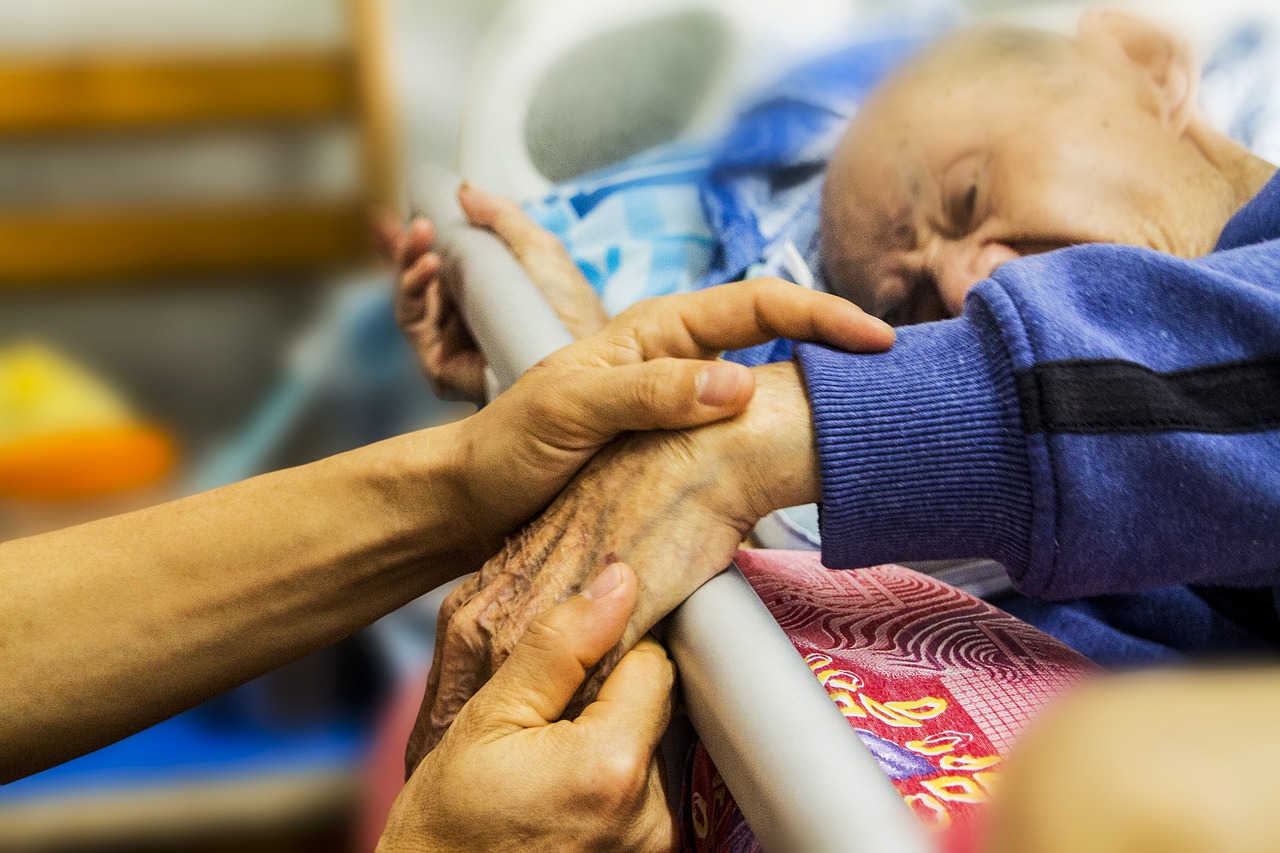3 Ways to Manage Caregiver Resentment

According to the National Alliance for Caregiving and AARP report Caregiving in the U.S., approximately 43.5 million Americans will provide unpaid care to an adult or child this year. These family caregivers are performing a wide range of caregiving tasks. Everything from running errands and food preparation to assistance with eating, dressing, walking, and personal care to administering medication and clinical care, they are doing.
Caregiving can be incredibly rewarding. It can also be incredibly stressful. For some, that stress translates to exhaustion or depression. Others find themselves feeling anger and caregiver resentment.
Caregiver resentment is a feeling of unfairness or irritation. If you are a reluctant caregiver, caring for a relative more out of obligation than love, you may resent the person you care for. If you are the only one providing care, you may resent others for not pitching in. For many, however, it’s a general sense of resentment toward the overall situation.
Nearly 25% of family caregivers spend 41 hours or more per week providing care. When caregiving is a full-time job, it’s easy to experience moments of resentment regardless of how much you love the person.
3 ways to combat caregiver resentment:
1. Take Care of Yourself First
At the start of every commercial flight, the flight attendant instructs you to put your own oxygen mask on first before assisting others in the event of an emergency. This is also true in caregiving. Ideally, caregivers would also make sure to get the rest and sustenance they need. However, it can even help to just be able to identify hunger, grief, or exhaustion as a contributing factor to your resentment. When you know the cause, you can take steps to address it.
2. Take a Break
If you find yourself struggling with caregiver resentment, ask a friend or family member to visit with your loved one while you take a short break. Go for a walk or have dinner with friends.
Consider taking advantage of local options like senior centers, adult day care centers, or professional in-home care providers. Your local Area Agency on Aging can help connect you to resources. The Department of Health and Human Services also offers an online Eldercare Locator with connections to support, financial assistance, nutritional assistance, and more.
If you need a longer break, short-term respite care may be available at an assisted living facility. If your loved one is receiving hospice care, speak with your social worker about respite care options. They can help arrange for your loved one to spend a few days at a Medicare-approved facility.
3. Find Support
You don’t have to struggle with caregiver resentment alone. The Family Caregiver Alliance can connect you to local support groups, giving you a place to share your feelings. Online support is also available through their caregiver-online group or through online spaces like the forums at Caregiving.Com and The Caregiver Space.
If your loved one has been diagnosed with a serious illness, palliative care can provide an additional layer of support and communication between you and their doctors at any point in their illness. If they have been diagnosed with a terminal illness with six months or less to live, hospice care is available. To see if your loved one could benefit from palliative or hospice care, please contact Crossroads at 888-564-3405.
Recommended Reading:
Tips for Family Caregivers
Resources for Veterans
The ABCs of Avoiding Burnout
If you found this information helpful, please share it with your network and community.
Copyright © 2017 Crossroads Hospice & Palliative Care. All rights reserved.




